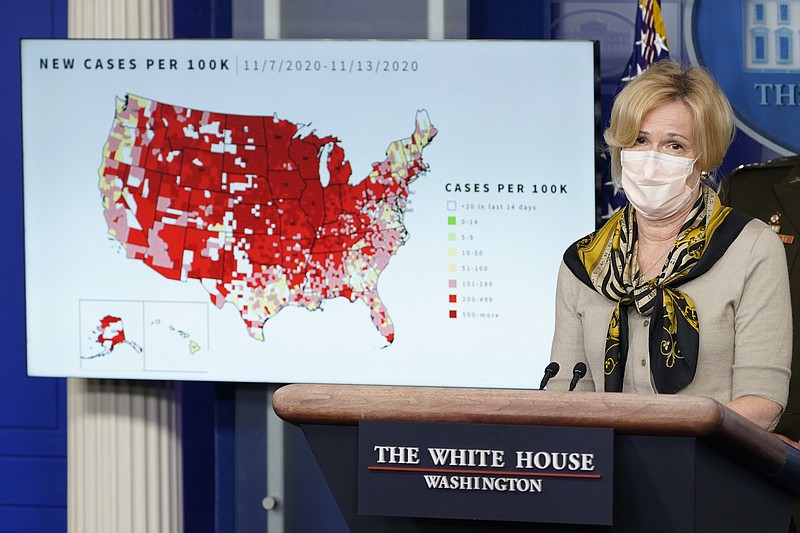In his influential 2011 best-seller, "Thinking, Fast and Slow," psychologist Daniel Kahneman analyzes the processes by which we make decisions. The book summarizes years of research conducted with his colleague, Amos Tversky, and others. Application of Kahneman's work to the field of economics led to his sharing the Nobel Prize in Economics in 2002 with another experimental psychologist, Vernon L. Smith.
Kahneman describes two mutually exclusive systems that we may employ when dealing with choices. The "fast" system is appropriate when we must make abrupt decisions where delay could result in loss or even injury or death. These decisions are driven by emotion. We use short-cuts in this system, relying on past experiences. Biases may influence these decisions. For example, we set out in a canoe to cross a lake. We see darkening clouds as the wind increases. Sensing danger, we turn back to shore.
The "slow" track is analytical, involving time and effort to gather evidence to make more informed responses to the situation at hand. An example: The COVID-19 pandemic has severely reduced customer flow into a diner. Should the owner liquidate the business? Are there other options that might allow survival of the enterprise? There is time to gather data and to make an informed judgment.
Because the "slow" track requires time and careful thought, we often bypass it and use the "fast" track even when there is no pressing emergency. Both systems benefit from accurate information, not falsehoods, which may shut down thinking altogether.
In his book, Kahneman states, "A reliable way to make people believe in falsehoods is frequent repetition, because familiarity is not easily distinguished from truth. Authoritarian institutions and marketers have always known this fact." Political chants when taken up by a crowd can drown out rational approaches to complex problems. Repetition of terms such as "fake news" or "fraud" can derail thinking.
The two systems may be applied to contemporary problems.
* Immigration: The "fast" system might argue that immigrants pose threats of crime and disease. A wall along the US-Mexican border is the only solution. Until the wall is completed, anyone crossing the border illegally should be imprisoned until he can be shipped back to his home country. Long-term fallout from such policies is not considered.
The "slow" system would gather data to search for causes of illegal immigration. Possibly, poverty and threats posed by criminal gangs make it impossible to raise a family in many villages. Perhaps, local governments are ineffectual or corrupted by money from the through-shipment of illicit drugs. An alternative to a wall might consist of collaboration with local governments to eradicate gangs and create jobs. The U.S. Agency for International Development has a long, successful record in addressing these challenges.
* COVID-19 pandemic: The "fast" system, which we are currently using, argues that national mandates are unenforceable. The pandemic will run its course. Local jurisdictions should devise and enforce their own rules. National briefings are pointless. The top priority is maintaining a strong economy.
The "slow" solution assembles data on the best means of slowing the spread of a dangerous virus, which does not respect state boundaries. A daily, national briefing consists of a medical update on where the disease is most active, how to protect individuals, and families, and an update on treatment and vaccines. Each state is guaranteed adequate supplies of personal protective equipment and ventilators by invoking the National Defense Production Act. The briefing concludes with a review of federal aid for states as they deal with the economic and social fallout from the pandemic. A fully informed public is more likely to understand and to follow medical guidelines. It is not too late to employ the "slow" system.
The genius of Dr. Kahneman's work is its relevance to personal, corporate, and governmental decision-making. His book is a modern classic.
Contact Clif Cleaveland at ccleaveland@timesfreepress.com.
